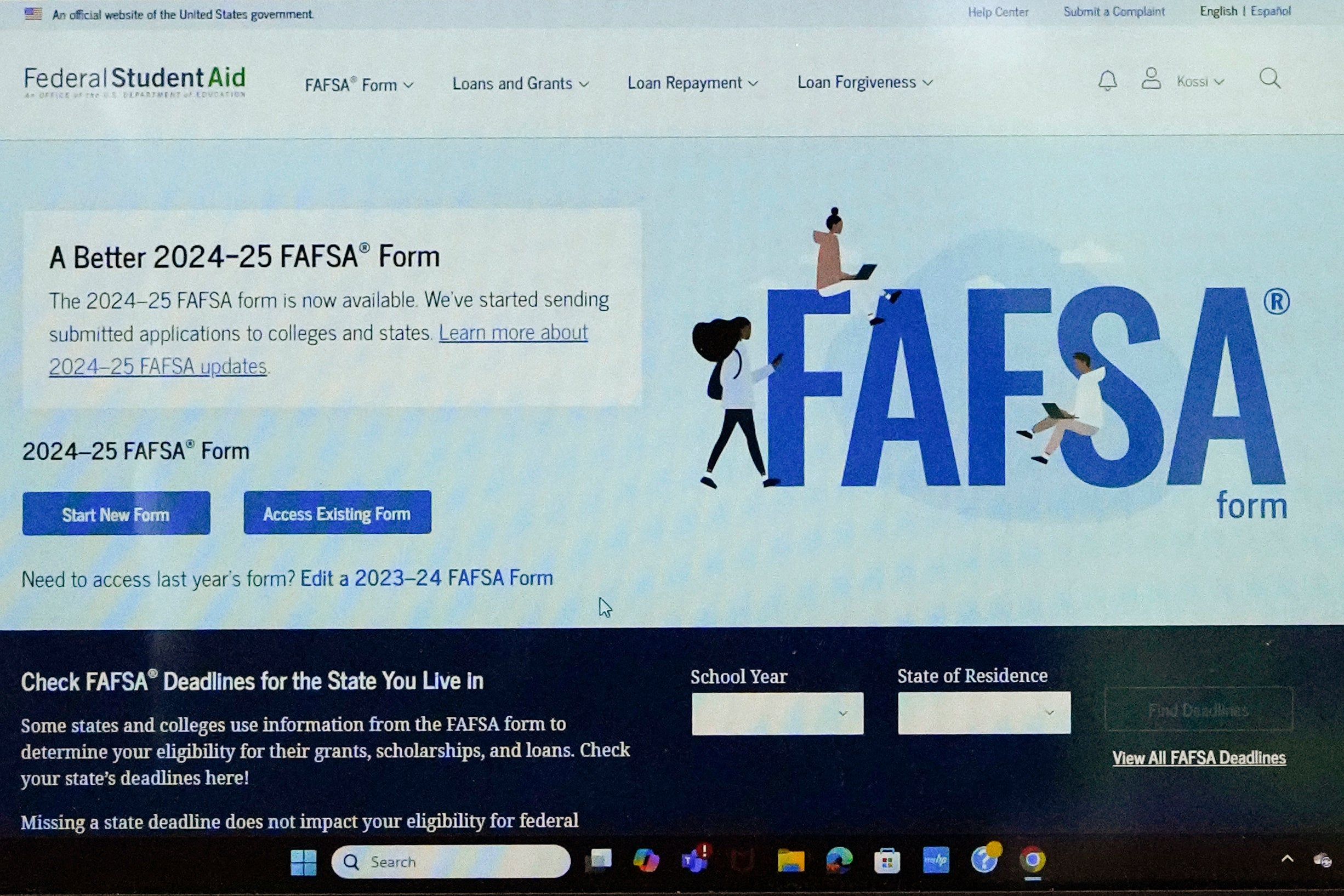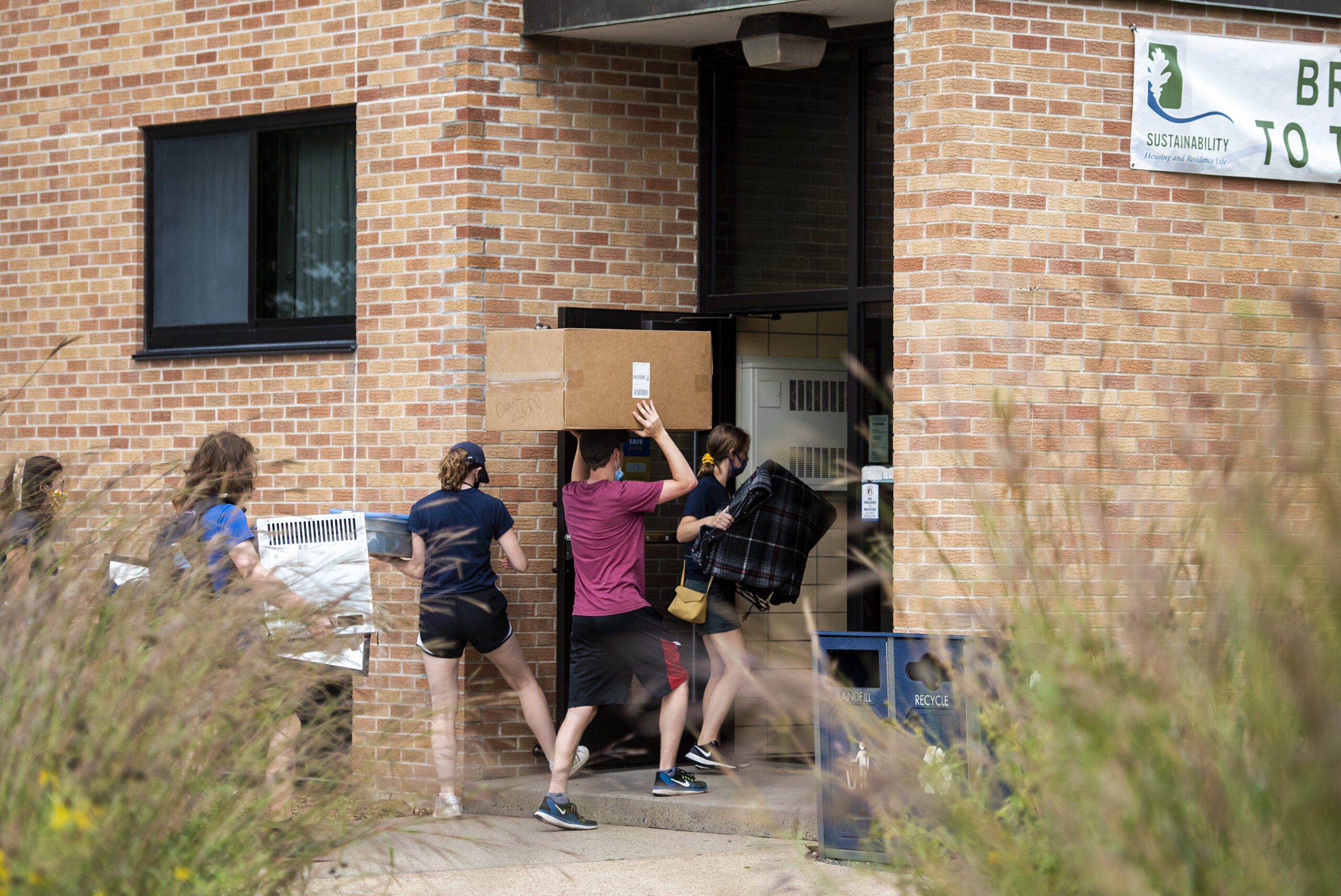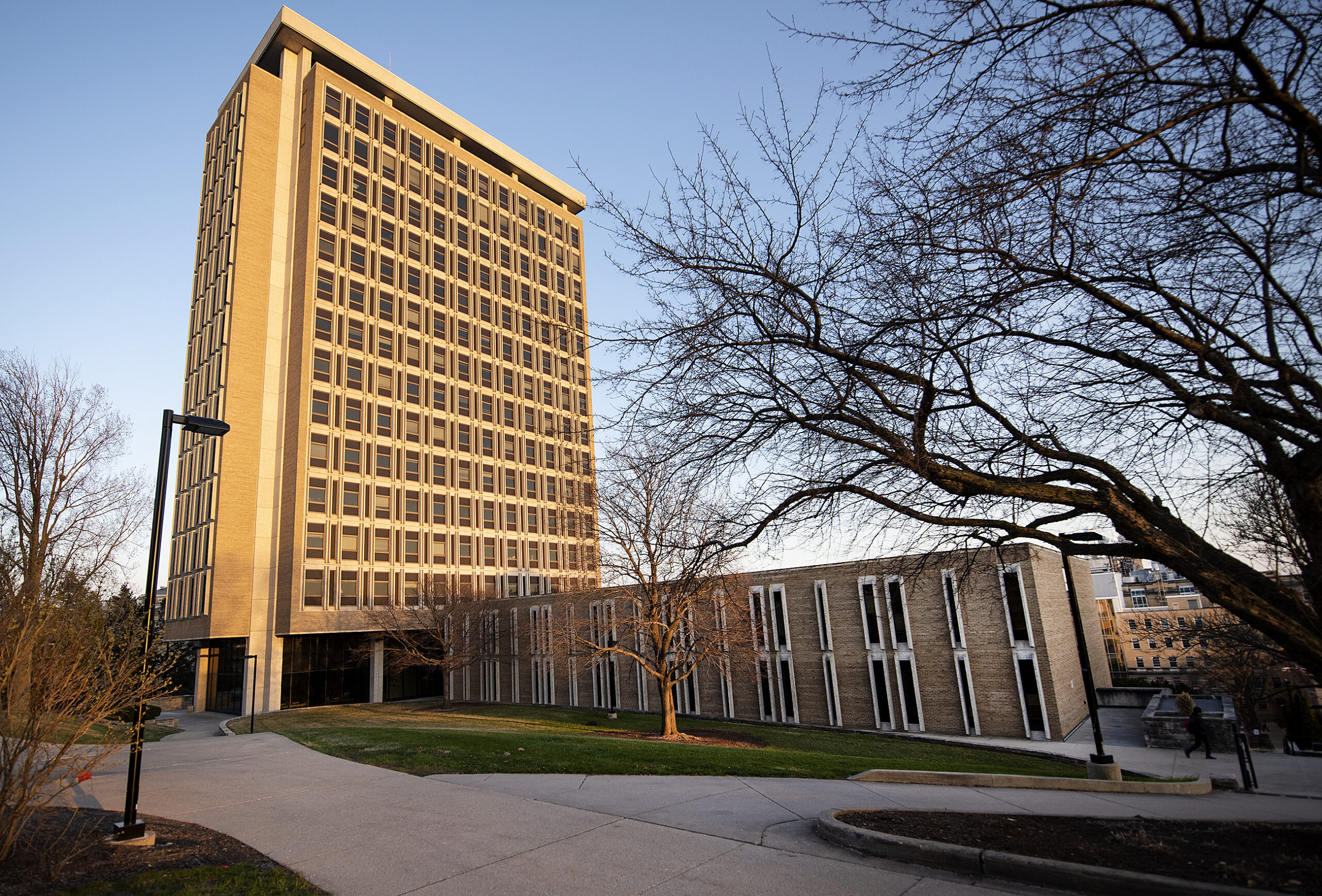When Daryan Schultz applied to college, she knew two things: she wanted to double major in Japanese and East Asian studies, and it’d be hard to afford tuition.
Schultz, who hails from Birchwood in northwest Wisconsin, couldn’t find her chosen majors at many schools in the University of Wisconsin System. UW-Madison seemed like the best option — but its tuition also ranked among the highest.
“I was slightly hesitant to actually apply to Madison because I knew it was going to be a lot if I got in,” she said.
Stay informed on the latest news
Sign up for WPR’s email newsletter.
Ultimately, she did apply, and when she got in, she wasn’t expecting what happened next.
“We got the email saying, ‘Hey! You’re part of Bucky’s Tuition Promise!’ It was a big surprise, and it actually relieved me and my family a lot,” she said.
She learned that under UW-Madison’s new Bucky’s Tuition Promise program, her tuition and fees would be covered all four years.
Schultz, a freshman, and nearly 800 other Wisconsin residents whose families earn $56,000 or less a year automatically qualify for the new program, which was announced in February and began this school year.
Derek Kindle, director of the Office of Student Financial Aid, said the program, which is largely funded by private donations, represents an attempt to make financial aid simpler.
“And as best as possible protect even our rural families,” Kindle said. “Considerably those who might possess assets like farmland or equipment but wouldn’t want that counted as a form of income, because it’s not.”
Federal financial aid considers assets as well as income, but Bucky’s Tuition Promise looks only at income for in-state students. Recipients are still responsible for costs such as room, board and books.
But with almost $10,000 off the table, Schultz can attend college without worrying as much about her two younger sisters, who also have plans to attend college. And she can study Japanese like she’s wanted to since high school.
“I’m very happy they offer it and grateful that I’m able to come here to pursue it,” she said.
Wisconsin Public Radio, © Copyright 2024, Board of Regents of the University of Wisconsin System and Wisconsin Educational Communications Board.







